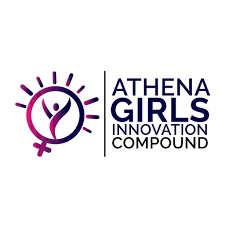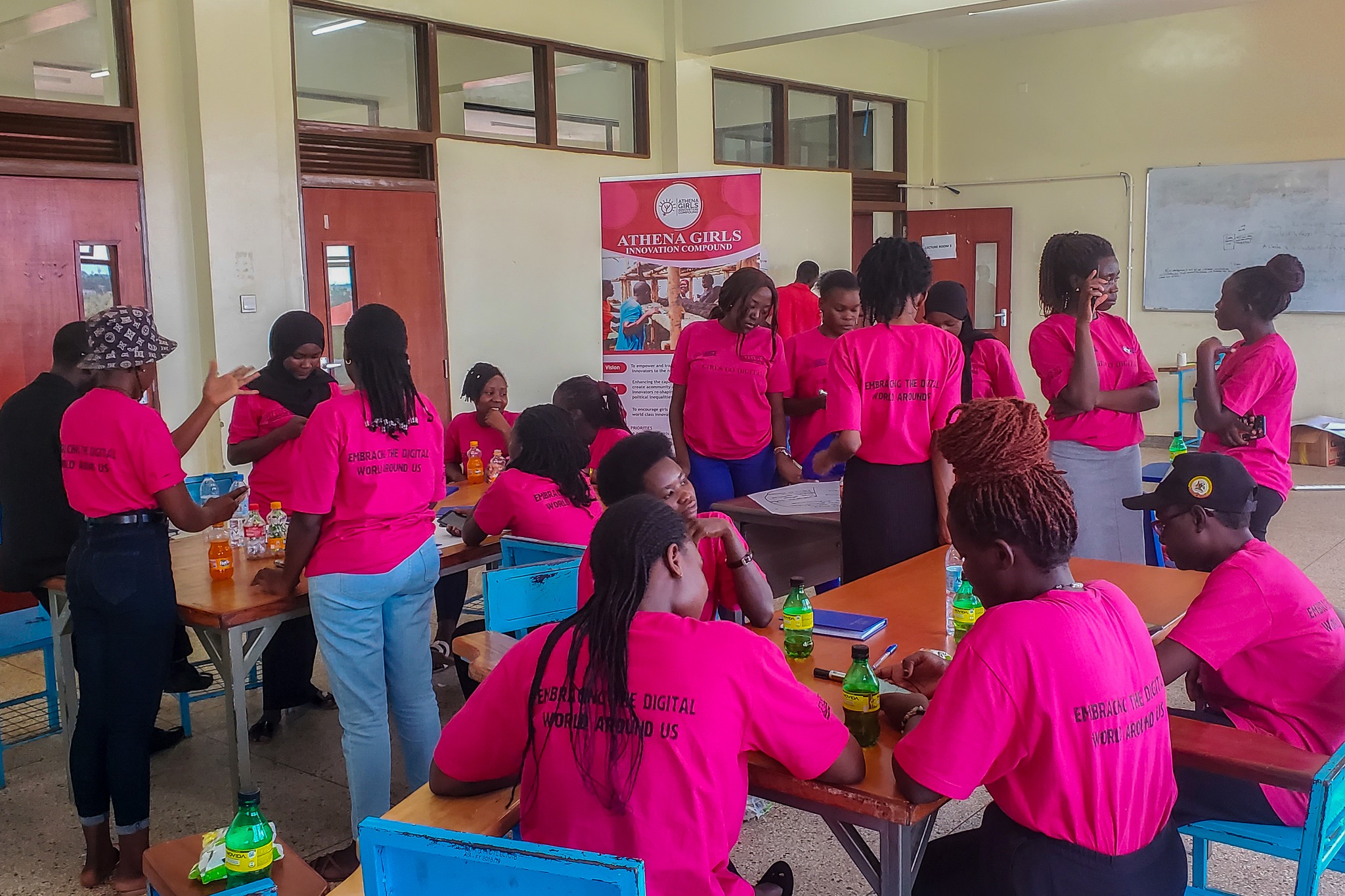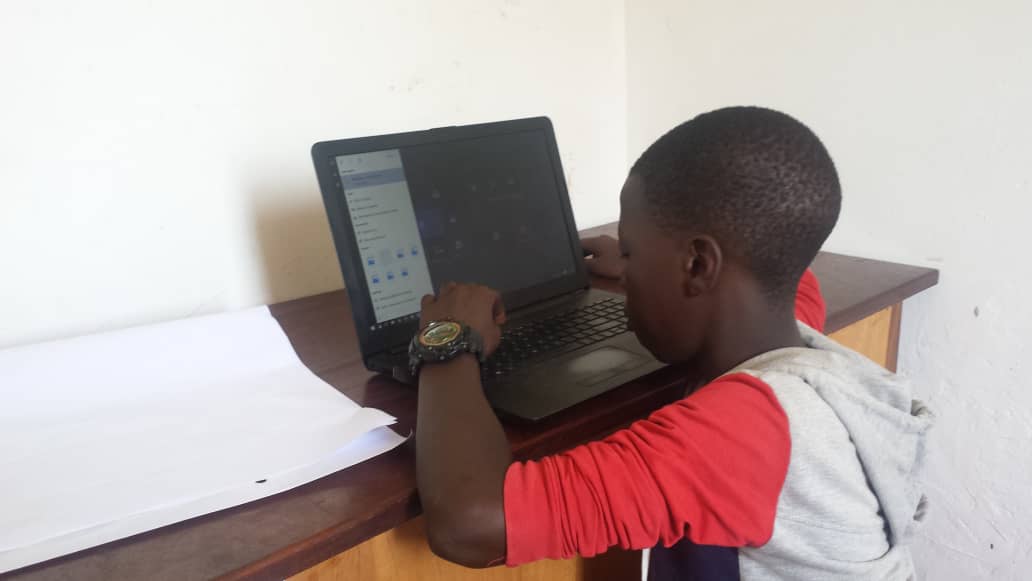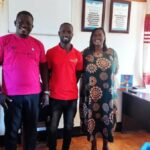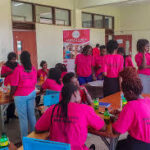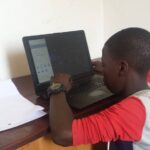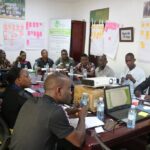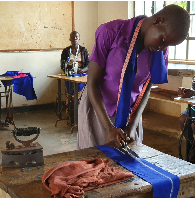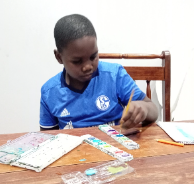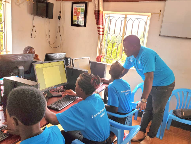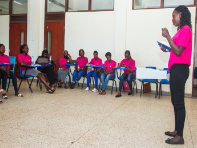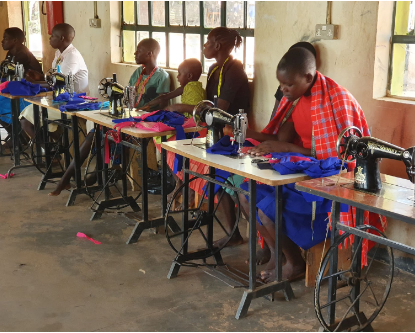It was with this vision in mind that we launched our Computer Science Literacy Program—an initiative designed not just to teach digital skills but to equip children with the mindsets and capacities needed to thrive in an ever-changing digital world.
This program goes beyond coding or office applications. It nurtures curiosity, critical thinking, teamwork, and problem-solving, while helping children understand the role of technology in society. By combining computing with creativity and social awareness, the program prepares young learners to become not only users of technology but leaders and innovators in their communities.
Why We Believe in a Creative Education Model
At Athena Girls Innovation Compound (AGIC), we know that bridging the digital divide requires more than providing computers. In post-conflict Northern Uganda, children face systemic barriers to accessing technology and education. Traditional ICT programs often stop at basic typing or software training, but these skills alone are not enough for a generation growing up in a rapidly evolving digital economy.
We asked ourselves: What if children learned not only how to use technology, but also how to question it, critique it, and apply it creatively to solve problems in their communities?
That question shaped the foundation of our creative education model, which combines computer science with art, critical inquiry, and collaboration.
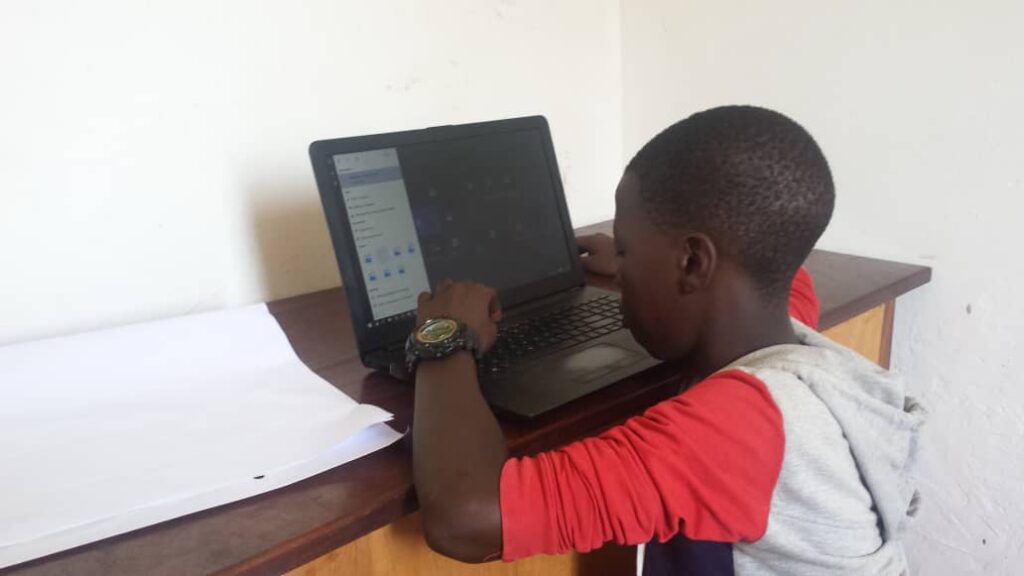
The Pilot Program: Planting Seeds of Innovation
To bring this vision to life, AGIC rolled out a pilot program for children aged 8–15, engaging both girls and boys from Northern Uganda.
Highlights included:
- Talent & Ability Assessments to understand each child’s strengths and guide learning accordingly.
- Fundamentals of Computing such as understanding computer basics, navigating applications, and practicing digital literacy.
- Creative Expression with Art & ICT, encouraging children to use digital tools to tell stories, create visuals, and amplify their voices.
- Social Awareness through ICT, showing students how technology can connect them to larger conversations and make their perspectives heard.
This approach made children active participants rather than passive learners. They were not only introduced to computing but also encouraged to think critically and creatively about how to apply their new skills.
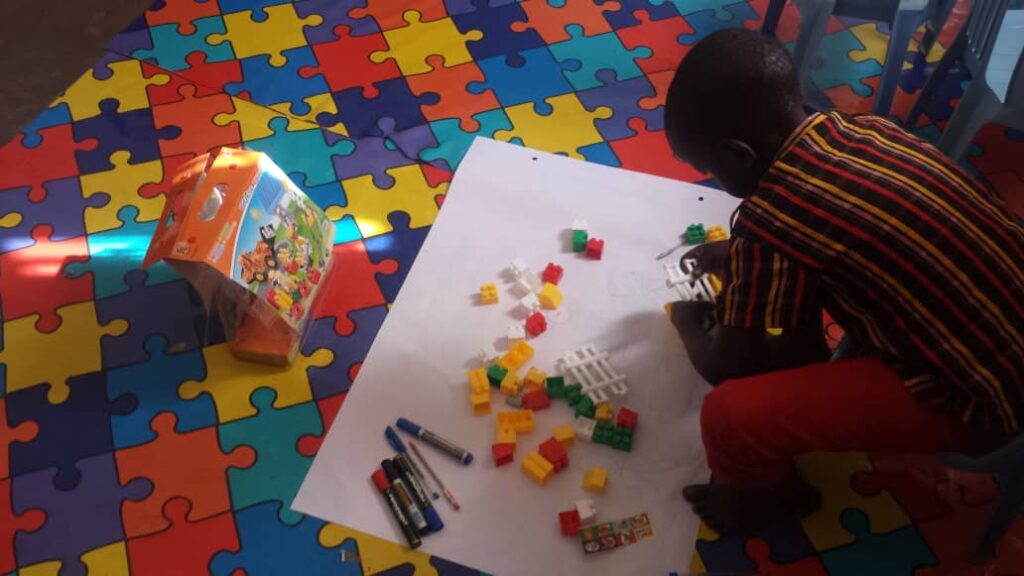
Beyond Coding: Building Future-Ready Skills
The ultimate goal of our program is to prepare students with skills that extend far beyond digital literacy. We focus on:
- Ways of Thinking – sparking curiosity and interdisciplinary connections.
- Questioning – encouraging children to think critically about technology’s creators, impacts, and ethics.
- Problem-Solving – empowering learners to tackle challenges in their own communities using digital tools.
- Collaboration – teaching teamwork, communication, and co-creation.
This is not just a computer-driven STEM model—it is a foundation for resilience, leadership, and innovation.
Early Impact in Communities
Even at the pilot stage, the impact has been evident. For many children, it was their first time touching a computer. For others, it was their first opportunity to see how digital tools could be used to express themselves and share their voices.
Parents reported seeing new confidence, curiosity, and initiative in their children. Girls, in particular, were inspired to see themselves as equal participants in technology—a vital step in breaking down stereotypes that limit women in STEM fields.
By engaging both boys and girls, we are ensuring inclusivity and planting the seeds of a future where technology is a tool for empowerment, equality, and opportunity.
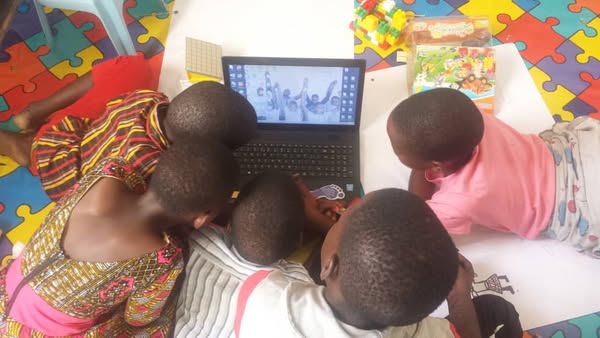
Looking Ahead
The Computer Science Literacy Program has already laid a strong foundation. Our next step is to scale it into a comprehensive, computer-driven STEM model that equips more children across Northern Uganda with the skills, creativity, and resilience they need to thrive in the digital age.
With the right support and partnerships, we envision classrooms where children are not only learning to use computers but also designing solutions, leading innovation, and transforming their communities.
Conclusion
The launch of Athena’s Computer Science Literacy Program represents more than an educational milestone—it is a commitment to building a generation of digital leaders. By focusing on both technical skills and creative thinking, we are bridging the digital divide while empowering children to shape the future of Northern Uganda.


